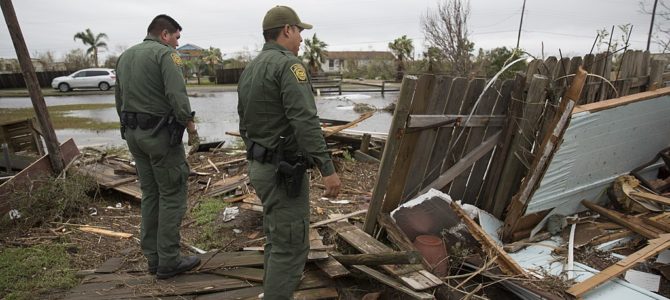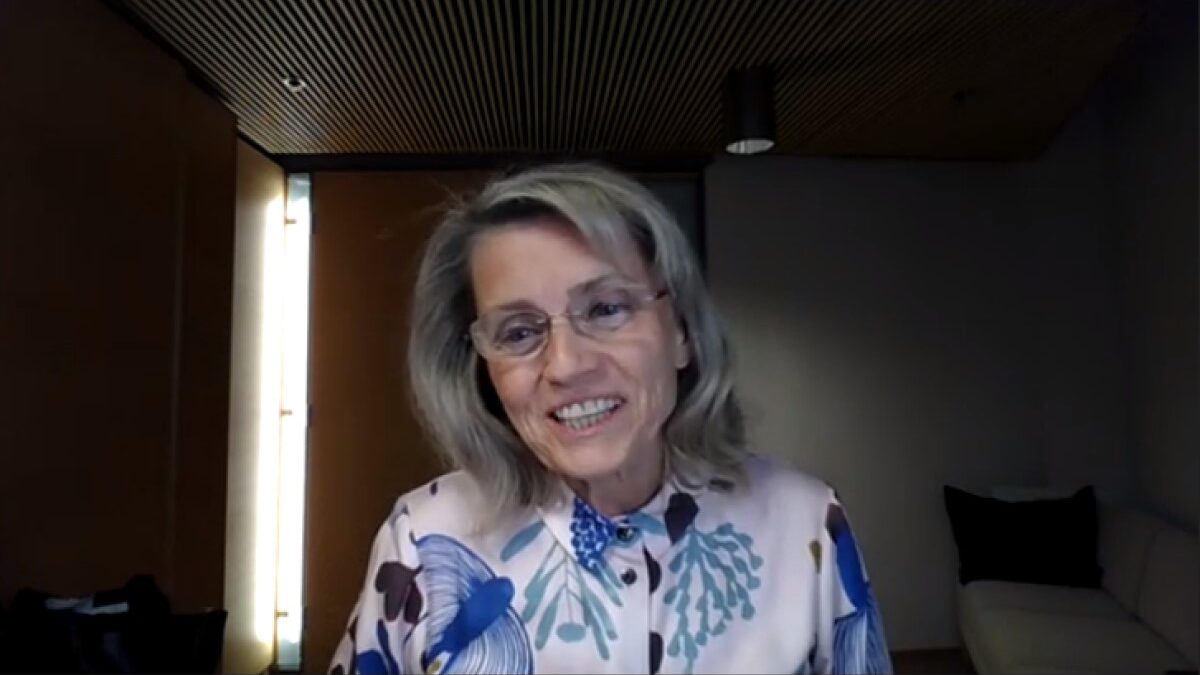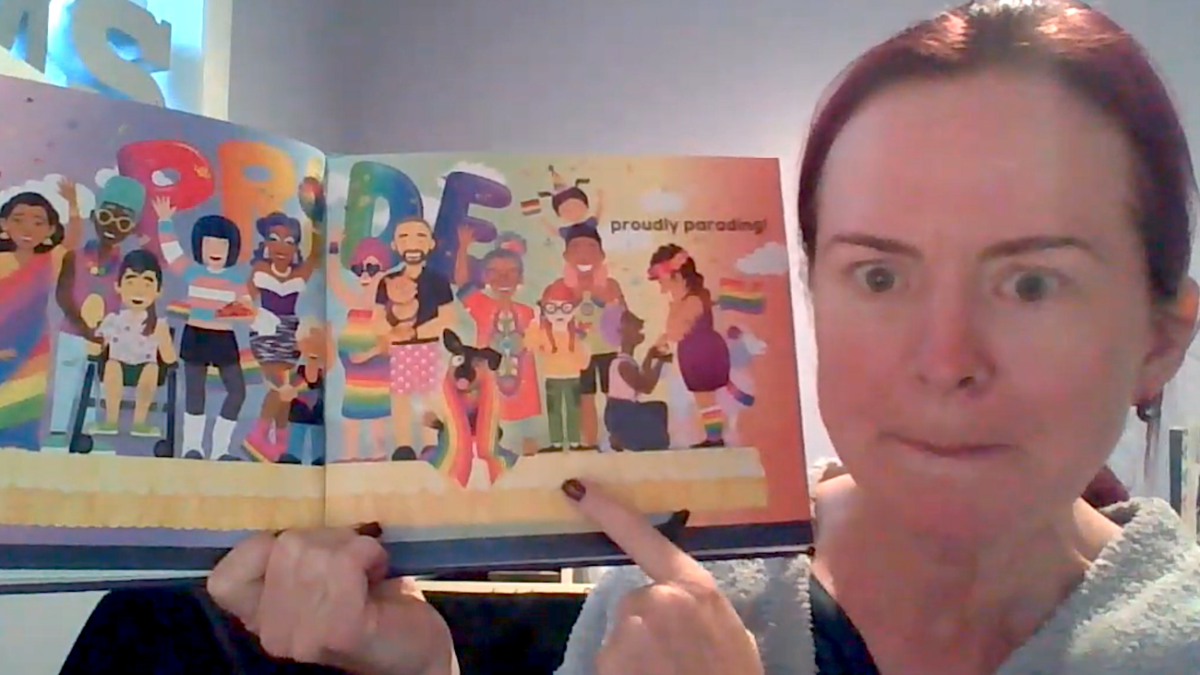Ever since hurricane Harvey pummeled Texas months ago, several religious organizations have been trying to get Federal Emergency Management Agency-sanctioned disaster relief, to no avail. FEMA chose to exclude all religious nonprofits from access to its funds based entirely on their religious affiliation. Until now.
After repeated pressure in the form of several lawsuits, FEMA announced a new policy recently that will curb discrimination against religious organizations. FEMA is now accepting disaster aid applications through February 4 from houses of worship damaged by Hurricane Harvey. This decision no doubt comes in response to two lawsuits brought by three Texas churches and two Florida synagogues seeking immediate and equal access to disaster aid.
The History of FEMA Grants
FEMA’s Public Assistance Grant program helps organizations make basic structural repairs and begin rebuilding after a natural disaster like hurricane Harvey. Until this point, it was available to most nonprofit organizations, such as zoos, museums, and charities—just not religious institutions. That is not only discriminatory, but disgustingly ironic.
The very places that often are the first to offer emergency housing to evacuees, distribute hot meals, and provide some basic medical care are houses of worship and their affiliated mercy organizations. Yet FEMA exclusively prohibited such organizations from federal grants just because of their religious affiliation.
In September, Becket, a religious liberty law firm, spearheaded lawsuits against this policy. In Harvest Family Church v. FEMA, Harvest Family Church, Hi-Way Tabernacle, and Rockport First Assembly of God sued FEMA for discriminating against religious Americans in its aid policies. Several Florida synagogues also filed similar suits following Hurricane Irma.
FEMA Changes Its Tune
The organizations were denied aid for months, while they struggled to reconstruct their properties and help their neighborhoods. In December, Judge Gray H. Miller ruled against the churches, in Harvest Family Church v. FEMA, writing, “Injunctive relief is an extraordinary remedy and requires Plaintiffs to make an unequivocal showing of their entitlement to relief. Because Plaintiffs do not show a substantial likelihood of success on the merits, the motions [are] DENIED.”
In short, Miller did not think the churches showed they were being discriminated against. Finally, the three churches in Texas asked U.S. Supreme Court Justice Alito for emergency relief. Alito asked FEMA to respond to the churches’ request, and FEMA published its new policy before its deadline to respond at the Supreme Court.
In a statement, Pastor Charles Stoker of Hi-Way Tabernacle, who received the news while finishing a day of distributing meals at his church to about 200 locals, said, “What a way to start 2018! It’s been a cold day, and this news will warm us all up here! We’re delighted that FEMA will start treating us like other charitable groups. And we look forward to continuing to help our neighbors as they recover from Harvey.”
“By finally following the Constitution, FEMA is getting rid of second-class status for churches, which in the words of the Supreme Court was ‘odious’ to the First Amendment,” said Daniel Blomberg, counsel at Becket. “We will watch carefully to make sure that FEMA’s new policy is implemented to provide equal treatment for churches and synagogues alongside other charities.”
Discrimination Does Not Solve Establishment Claims
The existence of the old FEMA policy raises the question: How long would the discrimination have continued, had not several churches stood up for their right to receive aid on equal footing with other Americans and institutions? Of course, the policy was asinine, yet its advocates often cited the “separation of church and state” phrase Thomas Jefferson wrote in a private letter that liberals throw at the rights of religious Americans.
In their announcement, FEMA said “houses of worship will not be singled out for disfavored treatment” and they will now include religious organizations within their disaster relief aid recipients, as required by the Supreme Court’s June 2017 decision in Trinity Lutheran Church of Columbia, Inc. v. Comer. In that case, the Supreme Court ruled that the First Amendment requires religious groups to receive equal access to public programs. FEMA went rogue and had to reverse its policy, thanks to a few persistent houses of worship.









